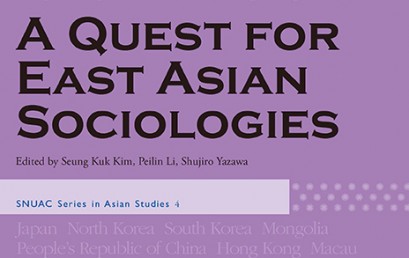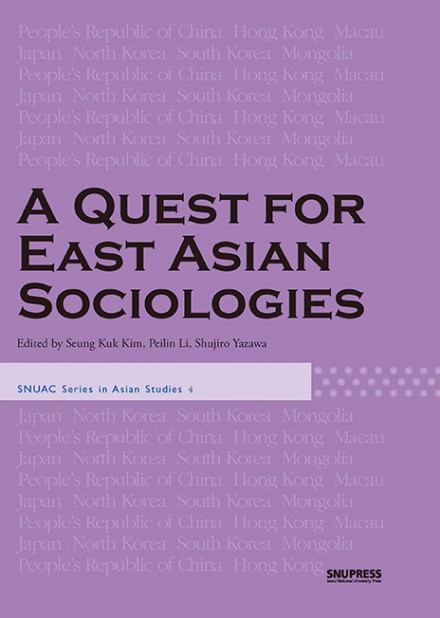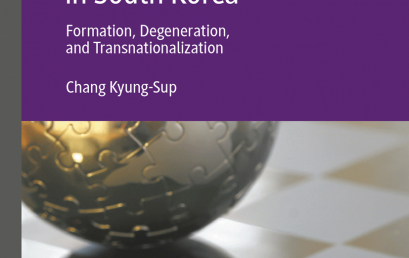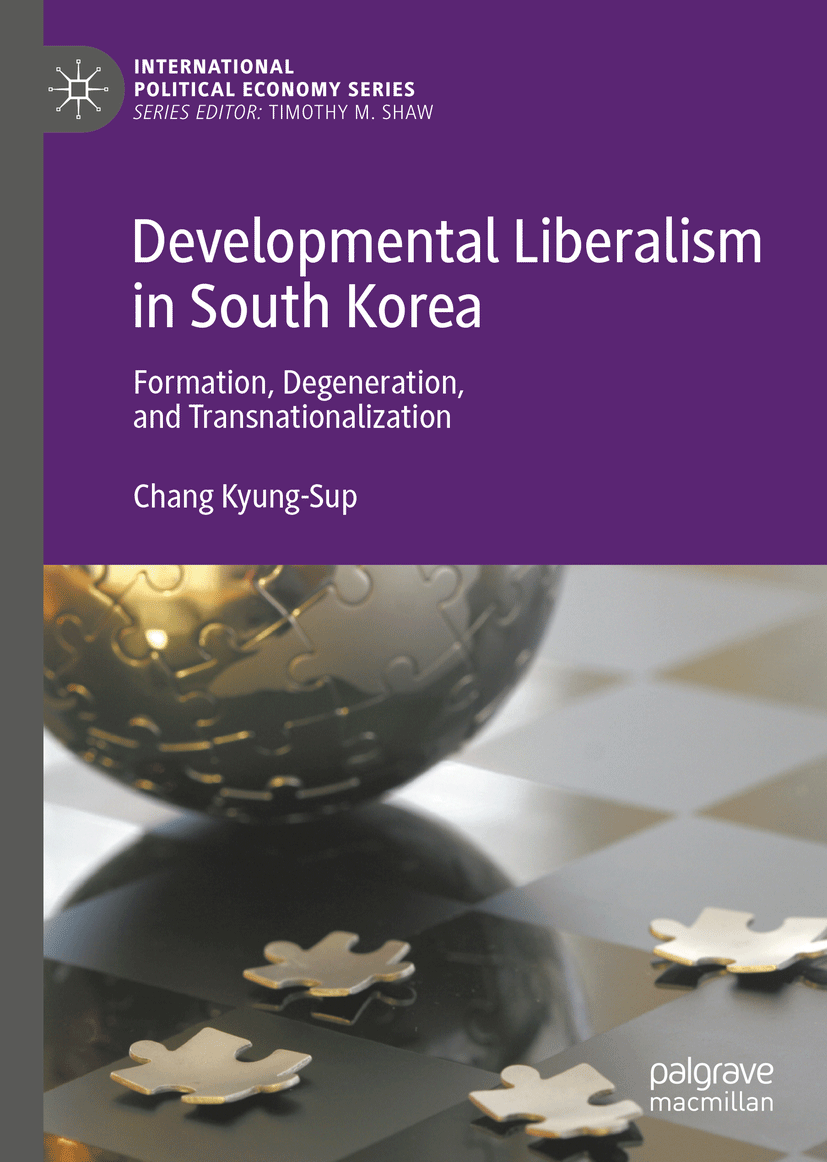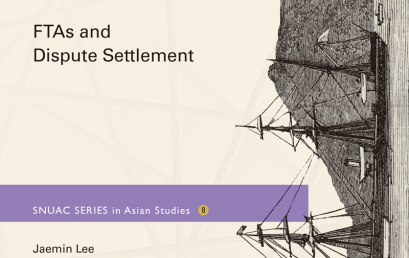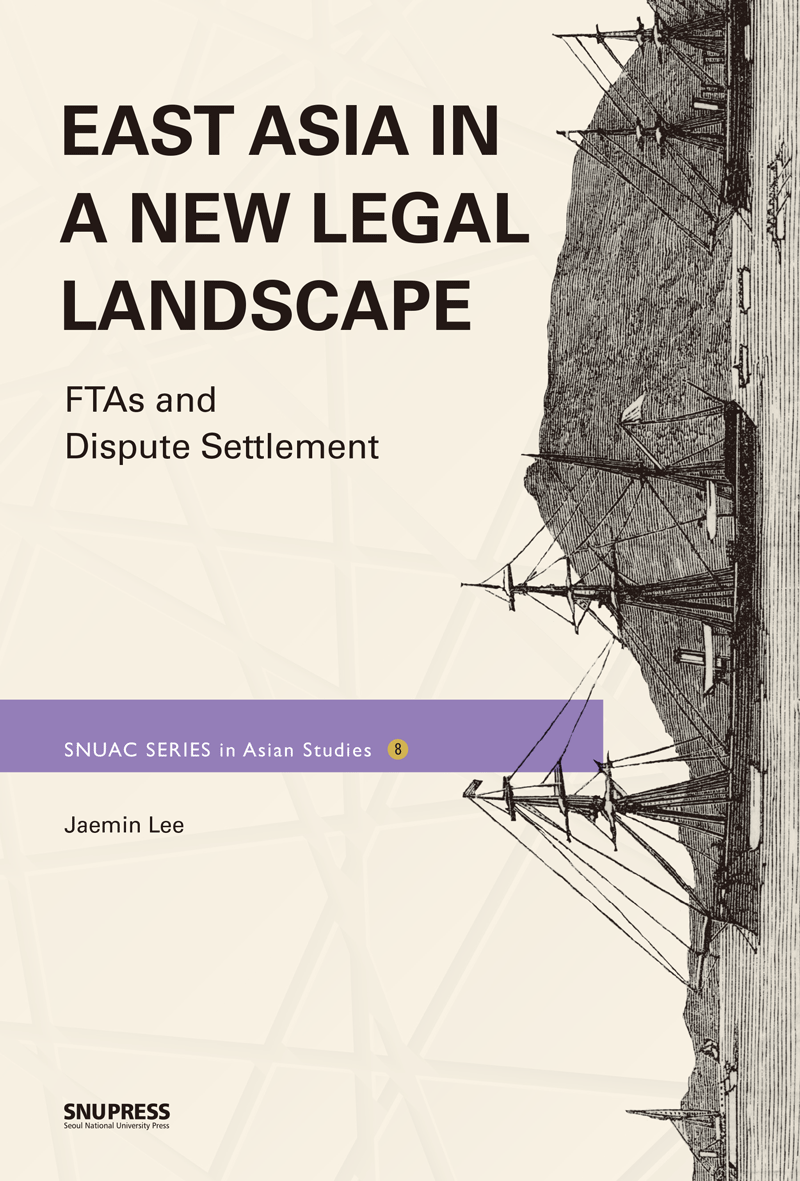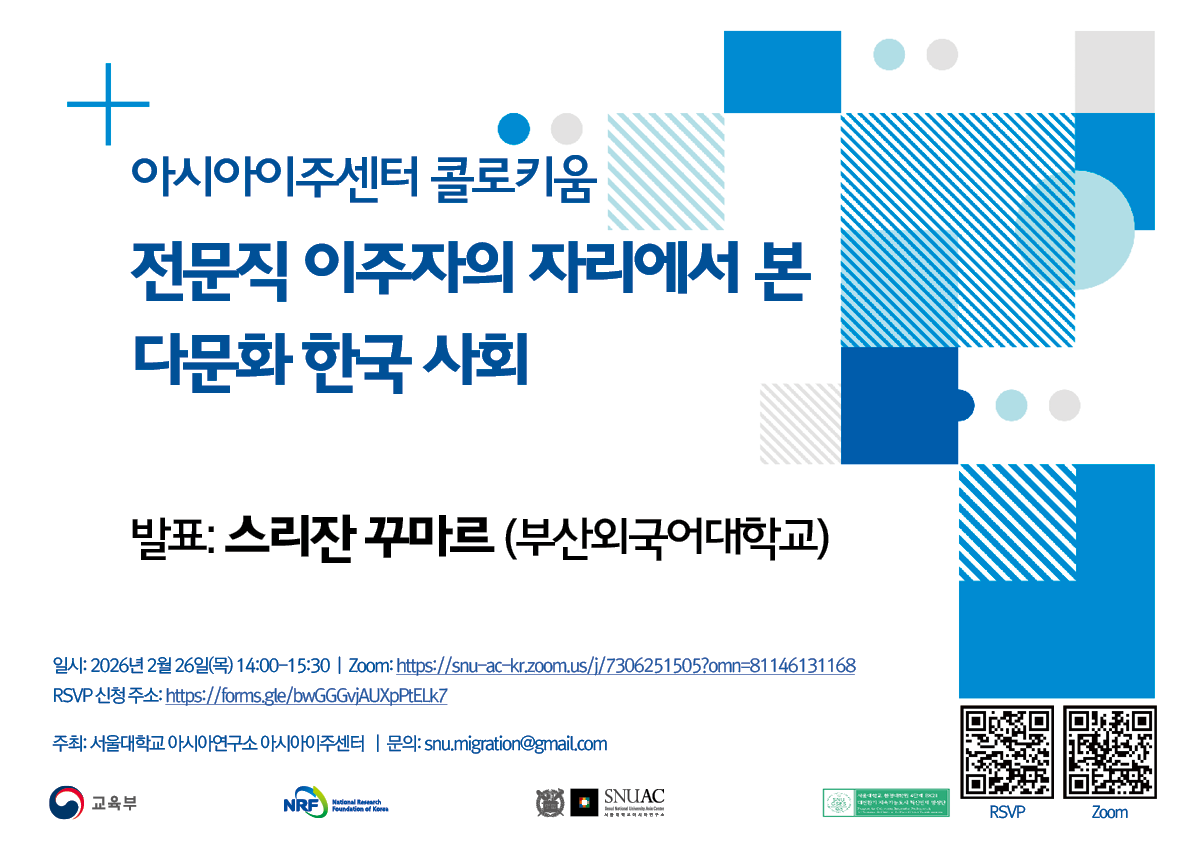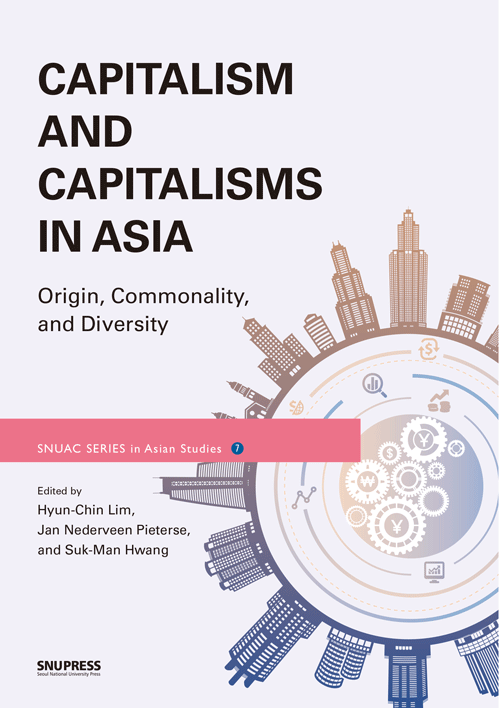

Capitalism and Capitalisms in Asia: Origin, Commonality, and Diversity
아시아 자본주의 모델들의 공통성과 다양성
이 책은 아시아 여러 나라의 다양한 자본주의 사례를 다루면서 두 가지 중요한 아이디어를 공유하고 있다.
아시아 자본주의 모델들의 공통성과 다양성
이 책은 아시아 여러 나라의 다양한 자본주의 사례를 다루면서 두 가지 중요한 아이디어를 공유하고 있다. 첫째는 아시아 자본주의는 서구 자본주의와 형태 및 메커니즘 면에서 다르게 발전해 왔으며 서구 자본주의와 공통점을 공유한다고 할지라도 앞으로도 계속 고유한 특징을 유지할 것이라는 점, 둘째는 아시아 국가의 자본주의가 서로에게 상당히 영향을 미치지만 아시아 자본주의는 하나의 이론이나 모델로 구성하기가 매우 어렵다는 점이다.
저자들은 아시아 자본주의가 서구 자본주의 개념을 공유하면서도, 아시아 각국마다 특정한 역사적, 정치적, 사회적 상황에서 자본주의를 어떻게 발전시켰는지 분석한다. 또한 특정 수준의 자본주의 발전을 이룩한 아시아 국가들이 세계화 과정에 어떻게 반응하고 변화하고 있는지에 초점을 맞추고 있다.
제1부는 거시적 역사와 이론 논쟁의 측면에서 아시아 자본주의를 다룬다. 즉, 동아시아 자본주의 모델들의 유사성과 차이점을 거시 역사적인 근대화(modernization) 측면에서 분석하고 있다. 또한 현대 자본주의의 근본적인 문제(전 지구적 환경문제 등)와 해결 가능성을 가늠해 본다.
제2부는 현재 세계화의 흐름에서 아시아 각국 내부 제도와 체제의 변화를 중국과 인도네시아를 중심으로 분석하고 있다. 중국 자본주의의 변화를 역사적으로 추적하고 전망하며, 중국의 급격한 성공의 제도적 조건들을 분석하고 그 원인을 “제도적 적합성”(“institutional fit”) 개념으로 설명한다. 그리고 인도네시아의 정치 질서 변화와 복지국가체제의 변화를 분석한다.
제3부는 좀 더 국제적 차원에서 글로벌 네트워크와 공적개발원조(ODA, official development assistance) 등에 의해 아시아 국가들이 맺는 상호작용의 의미를 분석하고 있다. 중국 위안화의 국제화와 그 영향, 휴대전화의 글로벌가치사슬(Global Value Chain)의 변화, 그리고 한국의 ODA 사례 등을 분석하고 있다.
아시아 자본주의 체제에 대한 좀 더 면밀한 분석은 급변하는 세계 경제 및 정치적 중요성을 고려할 때 시급한 것이다. 이 필요성에 부응하여 서울대학교 아시아연구소는 아시아 자본주의에 관한 10권의 시리즈를 만들고 있으며, 여기에는 향후 5년간 아시아 및 다른 국가의 저명한 학자들이 수행한 연구가 포함될 예정이다. 이번에 출간된 <Capitalism and Capitalisms in Asia>는 그 첫 번째 책으로서, 이 책은 학자, 정책 입안자 및 그 밖의 많은 독자에게 아시아 자본주의의 다양한 측면과 관련된 최신 쟁점을 살펴볼 수 있는 기회를 제공할 것이다.
편자 소개
임현진
Hyun-Chin Lim is Professor Emeritus of Sociology and Founding Director of Asia Center at Seoul National University. He is Member of the National Academy of Sciences, Korea, and serves as the president of Korean Social Science Research Council. He taught and did research at Harvard, Chicago, University of California (San Diego), Duke, Paris Diderot, and Vietnam National University (Hanoi). He was previously the dean of Faculty of Liberal Education, the dean of the College of Social Sciences, and the director of Asia Center, all at Seoul National University. He also served as the president of such professional association as Korean Association of NGO Studies, Korean Sociological Association, and International Development and Cooperation Association. His publications include more than 50 books and over 250 scholarly articles on dependency, development, democracy, and civil society in East Asia and Latin America.
Jan Nederveen Pieterse
He is Mellichamp Professor of Global Studies and Sociology at the University of California, Santa Barbara. He specializes in globalization, development studies and cultural anthropology. He was previously at the University of Illinois Urbana-Champaign, the Institute of Social Studies in The Hague, the University of Cape Coast, Ghana, and the University of Amsterdam. He holds a part-time chair at Maastricht University. He currently focuses on new trends in twenty-first-century globalization and the implications of economic crisis. He is on the editorial board of Clarity Press, the Journal of Global Studies and e-global, and is associate editor of the European Journal of Social Theory, Ethnicities, Third Text and the Journal of Social Affairs.
황석만
Suk-Man Hwang is Professor of Sociology at Changwon National University. He studied Sociology at Yonsei University, Korea, where he got BA and MA, and received his PhD from University of Illinois at Chicago. After returning to Korea, he worked for the Research Center for the Federation of Korea Trade Unions. He also taught about Asian development at the Schools of Business Studies of the Trinity College, University of Dublin, Ireland. His recent research interest is related to the post-developmental state model in Korea.
차례
Introduction; Capitalism in Asia
Theoretical Contexts and Analytical Framework
Organization of the Argument
PART I: Recent Changes in Asian Capitalism
- Formation and Development of Capitalism in the Modernization of East Asia: An Alternative Theoretical Explication
Introduction
A Theory of Selective Modernization and Alternative Modernities: A Synopsis
The Birth of Capitalism in the First-Wave Modernization in East Asia
The Development of the Modern Capitalism in the Second-Wave Modernization in East Asia
In Closing
- Comparing Capitalisms, East and West
Introduction
Why Totalize Capitalism?: ‘The Map is Not the Same as the Territory’—Borges
Plurality and Layered Analysis
- Regional Capitalisms and Global Technoscience: Controllable or Uncontrollable Forces of Planetary Change?
Introduction
The Capitalism plus Technoscience Conundrum
Capitalism As It Is and As It Should Be
Technoscience As It Is and As It Could Be
Final Remarks
- A New “Spirit” of Capitalism?: Globalization and Its Impact on the Diffusion of Neoliberal Management Thinking in Germany and the East Asian Economies
Introduction
Theoretical Foundations
Methodology
Global Elites as Pacemakers?
German Top-Managers as Global Elites?
Global Elites in East Asia?
A New Neoliberal Spirit of Capitalism?
The Financial Market Mindset amongst German Managers
The Neoliberal Management Mindset: German Top Managers on Leadership
The Collective Mindsets of Top Managers in East Asia
Conclusions
PART II Diversity of Asian Capitalism: China, Japan and Indonesia
- Capitalism in China: A Centrally Managed Capitalism (CMC) and Its Future
Introduction
The Role of the State in Capitalism
Forms of State Capitalism
Centrally Managed Capitalism
The CMC in the Marketplace and Its Costs
Challenges to CMC
Legitimizing CMC: From Marxism to Economic Growth and Social Stability
Transforming Ideology: Towards Xiaokang and Datong?
The Transforming CMC: Democratization?
Conclusion: The Future of Chinese Capitalism
- State Neoliberalism: The Chinese Road to Capitalism in Comparative Perspective
China and Developmental State Capitalism in the South
China and Neoliberal Capitalism in the West
China and Neoliberal Reforms in Post-Socialist Eastern Europe
State Neoliberalism and the Ceaseless Drive of Capital Accumulation
State Neoliberalism in China: Distinctive Characteristics
Whither the Chinese Road to Capitalism
- The End of the Long Boom?: A Comparative Institutional Analysis of Long-term Growth in China
Introduction
Historical Evolution and Global Insertion
Private-Public Growth Alliances: A Chinese Mode of Coordination
Key Institutional Domains
Summary and Outlook
- Beyond Predatory Productivism?: The Political Economy of Welfare Capitalism in Post-New Order Indonesia
Introduction
Explaining Welfare Capitalism
Actors, Interests, and Agendas
The Political Economy of Welfare Capitalism in Indonesia
Conclusion
PART III Asia Capitalism in Global Context
- How Financial Liberalization Transformed the East Asian Development Model
Introduction
Financial Liberalization in Japan, Korea, and Chinas
Financial Liberalization and Transformation of the East Asian Development Model
Conclusion 359
- The “Renminbi Swap Lines” and the Emergent Role of China as an Emergency Lender: Evidence from Argentina
Introduction and Objectives
Reviewing Chinese Measures toward an International Yuan-Renminbi
Case Study: The Sino-Argentine Swap Line
Concluding Remarks
- East Asia’s Inter- and Intra-Regional Trade Networks and Changing Roles in Global Mobile Phone Value Chains
Introduction
International Trade and Divergence in GVC Integration
Data and Methods
International Trade of Mobile Phones and Parts
Countries’ Changing Positions in the Mobile Phone GVC
Inter- and Intra-Reginal Trade Networks of Mobile Phones and Parts
Intra-Asian Trade Networks of Mobile Phones and Parts
Conclusions
- Development Cooperation and the Legacy of the Developmental State: Government Initiative and State-Business Partnership in Korean Development Cooperation with Mozambique and Rwanda
Introduction
First Case: State-Led Development Coopration and “Resource Diplomacy” in Mozambique
Second Case: Extending into New Markets in Rwanda through Public Private Partnership
Conclusions
Conclusion: Exploring 21st Century Capitalisms and Asia: The Impact of Financialization
Introduction
Financialization and Capitalism
East Asian Capitalism and Financialization
Conclusions
Biographies
Index
